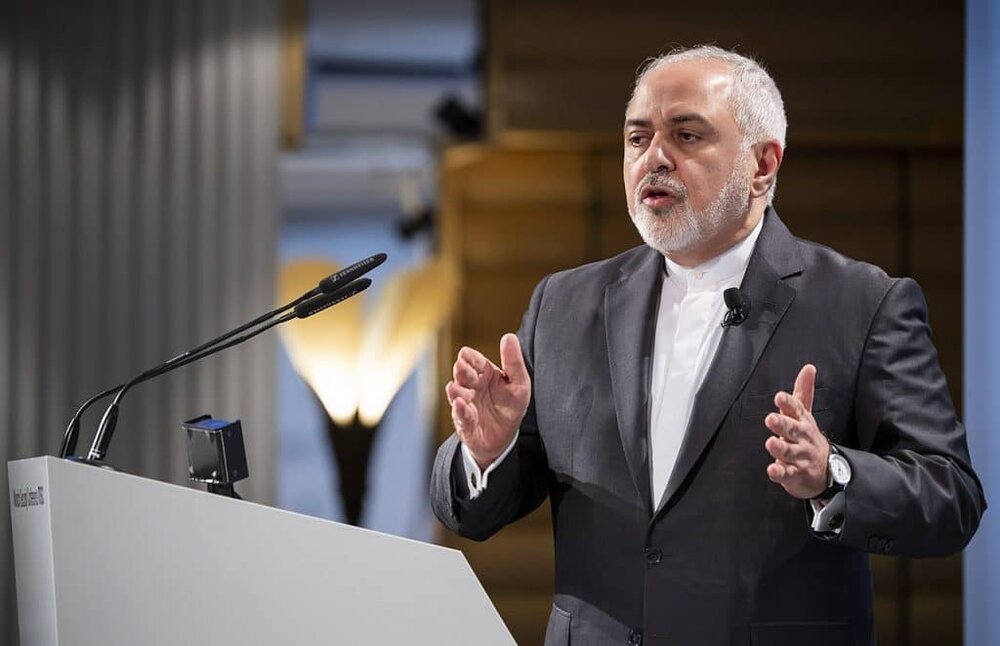Zarif urges U.S. to rejoin nuclear deal without hesitation

TEHRAN - Mohammad Javad Zarif, Iran’s foreign minister, has urged Washington to act fast to return to the nuclear accord, pointing out that legislation passed by the parliament obliges the government to harden its nuclear stance if U.S. sanctions are not eased by Feb. 21.
Zarif also referred to presidential elections in Iran in June, saying if a conservative president is elected, this could further jeopardize the nuclear deal.
In an interview with the Hamshahri newspaper, he added, “Time is running out for the Americans, both because of the parliament’s ratification and the election atmosphere that will follow the Iranian New Year.”
“The more America procrastinates, the more it will lose … it will appear that Mr. Biden’s administration doesn’t want to rid itself of Trump’s failed legacy,” Zarif remarks.
The parliament, dominated by conservatives, passed the legislation in December that set a two-month deadline for an easing of sanctions.
President Joe Biden’s administration is exploring ways to revive the 2015 nuclear deal that Iran signed with major world powers but that was abandoned in May 2018 by former President Donald Trump, who restored sanctions and added new ones.
After seeing no actions by the remaining parties, especially the European trio (E3), Iran announced in May 2019 that its strategic patience is over and started decreasing its commitments to the accord in a step-by-step response. Last month, in accordance with the parliamentary legislation, the Atomic Energy Organization of Iran also resumed enriching uranium to 20% at its underground Fordow nuclear plant - a level it achieved before the accord.
Biden has said that if Tehran returned to strict compliance with the pact, Washington would follow suit and use that as a springboard to a broader agreement that might restrict Iran’s missile development and regional activities.
Tehran has insisted that Washington ease sanctions before it resumes compliance, and ruled out negotiations on wider security issues.
U.S. Secretary of State Antony Blinken discussed Iran on Friday in a virtual meeting with his British, French and German counterparts as the group weighed how to revive the deal.
“The more America procrastinates, the more it will lose … it will appear that Mr. Biden’s administration doesn’t want to rid itself of Trump’s failed legacy,” Zarif remarked in his interview with the Hamshahri.
“We don’t need to return to the negotiating table. It’s America that has to find the ticket to come to the table,” he added.
On Monday, Zarif hinted at a way to resolve the impasse over which side moves first, by saying the steps could be synchronized.
President Biden remains silent on Iran as his team works to rejoin nuclear agreement. Robert Malley, the U.S. new Iran envoy, is forming a team with varying viewpoints on the Iran issue and consulting with Congress. The U.S National Security Council convened a high-level meeting on Friday to discuss Tehran's escalating nuclear enrichment and next steps.
Jen Psaki, White House spokeswoman, tweeted about the meeting and noted, “The meeting today is part of an ongoing policy review.”
Leave a Comment